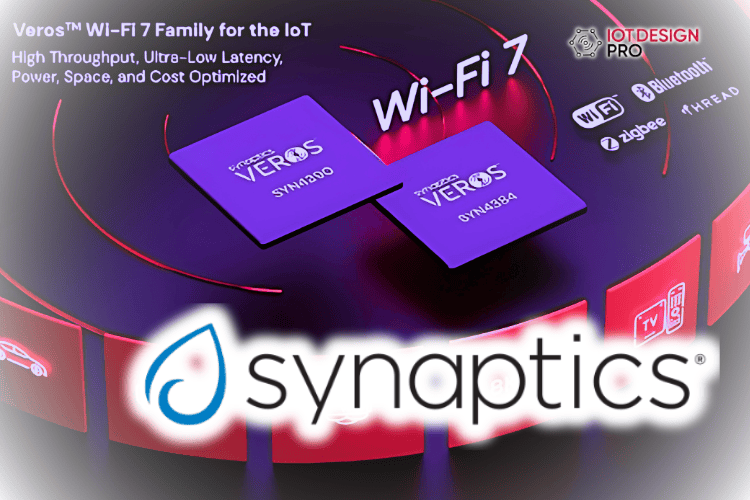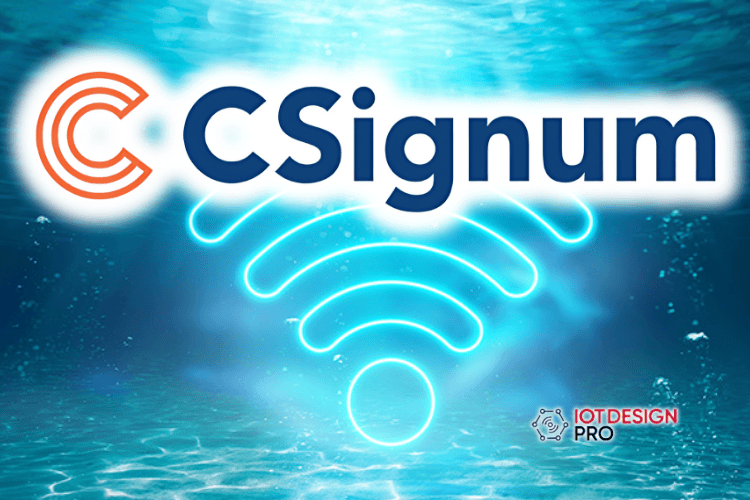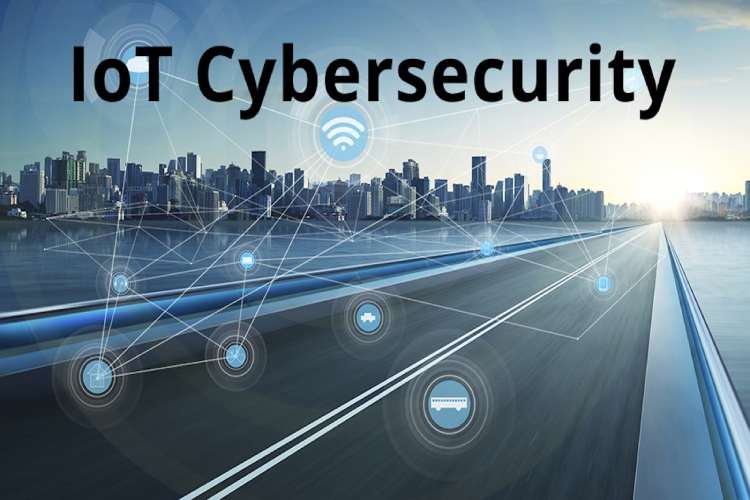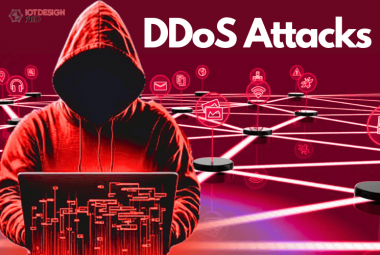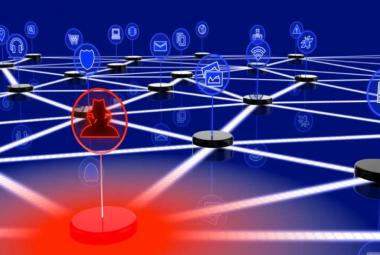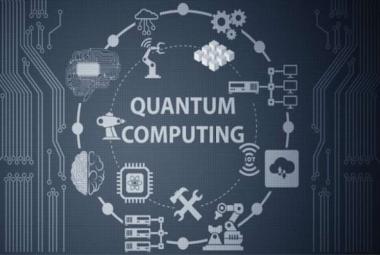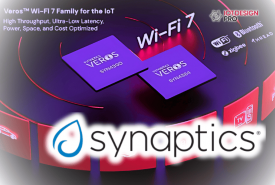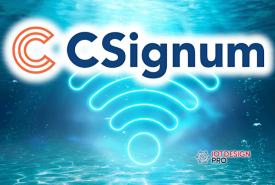The new cybersecurity law will protect consumers from all kinds of cyber and malware threats and also protect the country against escalating cyber crimes.
The UK has now turned out to be the first country in the world to implement strict cybersecurity laws for IoT devices. Already implemented, the new cybersecurity law will protect consumers from all kinds of cyber and malware threats and also protect the country against escalating cyber crimes. As per the new law, the manufacturers of IoT devices will have to create secured protections for any devices backed with internet connectivity.
Under the Product Security and Telecommunications Infrastructure (PSTI) regime, easy passwords such as “admin” or “12345” are not allowed in an effort to ward off cyber crimes like the horrendous 2016 Mirai botnet incident. “From today, consumers will have greater peace of mind that their smart devices are protected from cyber criminals, as we introduce world-first laws that will make sure their personal privacy, data, and finances are safe,” stated Viscount Camrose, Minister for Cyber.
A consumer advocacy group in the UK, Which?, revealed that a typical smart home could face over 12,000 hacking attempts in a week, with nearly 2,700 attempts to guess weak passwords on just five devices. With 99 percent of UK adults owning at least one smart device and households averaging nine connected products, unsecured IoT tech poses significant risks. “Businesses have a major role in protecting the public by ensuring smart products provide ongoing protection against cyber-attacks,” said Sarah Lyons, Deputy Director for Economy and Society at the NCSC cybersecurity agency. “This landmark Act will help consumers make informed decisions.”
Apart from banning easy passwords, the new cyber law also urged the manufacturers to publish vulnerability disclosure policies for reporting security flaws. They will also have to state minimum periods for providing security updates. Last but not least, they will need to provide mechanisms for securely updating software.

